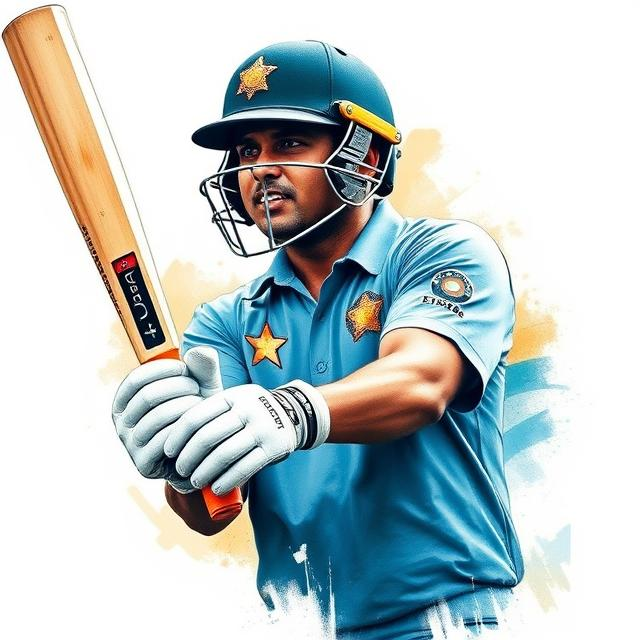Captain of Pakistan Cricket Team in ICC Champions Trophy Final: A Deep Dive

Captain of Pakistan Cricket Team in ICC Champions Trophy Final: A Deep Dive
The ICC Champions Trophy, a prestigious tournament showcasing the best limited-overs cricket teams globally, has always been a stage for defining moments. A pivotal figure in shaping those moments is the captain of the respective teams. This article delves into the crucial role of the Pakistan cricket captain in the ICC Champions Trophy finals, exploring their leadership style, strategic acumen, and the impact they had on the team’s performance.
Click here to explore the key factors that determine the success of a captain in such a high-stakes competition!
Who Captained Pakistan?
Identifying the captain is the first step in understanding their role. We need to know the precise details of who led Pakistan in their particular Champions Trophy final, considering the year of the competition.
The Captain’s Crucial Role
In a high-pressure environment like an ICC Champions Trophy final, a captain’s leadership is paramount. They are the face of the team, the architect of their strategy, and the ultimate decision-maker. Their ability to inspire confidence, motivate players, and remain calm under immense pressure are key traits for success. Let’s take a look at how the captain of Pakistan’s ICC Champions Trophy campaign might have managed the pressure cooker situation. Did they foster a positive team environment, or were there any internal conflicts?
Analyzing the Captain’s Performance
A crucial aspect of evaluating a captain is analyzing their tactical decisions. Did they make the right choices in team selection? Were their bowling and batting strategies effective? Were the field placements optimal? It’s important to examine the captain’s communication skills and how they adapted their approach throughout the match. Did they show flexibility and adjust according to the changing conditions?
Beyond the Field: The Leadership Dynamic
The captain’s performance extends beyond the field of play. Their ability to build relationships with teammates, foster a positive environment, and address any individual issues are vital. How did the captain handle team meetings? Did he build a strong bond with the players to boost morale?
Impact of the Captain’s Decision-Making
The captain’s decisions, both big and small, can have a significant impact on the outcome of the match. Were their decisions influenced by the pressure of the competition? Did they make calculated gambles or stick with proven strategies?
Learn more about the psychological aspect of leading a team in a high-stakes final!
The Significance of Past Performances
The captain’s past performance can offer valuable insights into their likely approach in a Champions Trophy final. Looking at their previous matches, we can assess their decision-making tendencies. Did their history indicate whether they tend towards bold moves or more cautious strategies?
Team Dynamics and the Captain’s Influence
A captain’s influence on team dynamics is essential. How did the captain maintain team cohesion and morale during challenging moments? Did he motivate the players individually or as a collective? Did any team issues affect the captain’s role in crucial situations?
We also need to look into team chemistry and dynamics. Did the captain do well at maintaining team morale?
Strategic Insights and Tactical Adjustments
The captain’s strategic insights and tactical adjustments are vital for success. Did they adapt their approach based on the opposition’s strengths and weaknesses? Were their decisions effective in changing the game’s momentum? Examining specific incidents that showcased this ability would be a helpful approach.
External Factors Influencing the Captain’s Performance
External factors, such as weather conditions or media scrutiny, can significantly influence the captain’s performance. How did the captain deal with these pressures? Did weather conditions affect their tactical decisions in the final?
Case Studies and Historical Analysis
By studying previous Champions Trophy finals involving Pakistan, we can gain insights into how captains have performed under similar pressures. Drawing comparisons across captains can highlight trends and patterns in their leadership styles and strategic approaches. How did other captains handle such crucial moments?
Analyzing how captains from the past, and the current captain, have adapted to specific challenges, and managed to find the best decisions is valuable.
Unveiling the secrets of successful captains! Click to read more!
Conclusion
The captain of the Pakistan cricket team in the ICC Champions Trophy final played a critical role in the outcome. Their leadership, strategic acumen, decision-making, and ability to manage pressure were all integral to the team’s performance. This analysis delves deep into the specific factors that contributed to their success or shortcomings.
Furthermore, exploring the captain’s past performances, team dynamics, and the external pressures that influenced their decisions enhances the depth of the discussion. Overall, a captain’s impact extends far beyond their on-field presence, encompassing their ability to motivate, strategize, and navigate challenges.
This article has provided a comprehensive overview of the role of the captain in a high-stakes ICC Champions Trophy final. By examining the captain’s performance through various lenses, we gain a deeper understanding of the intricate interplay between leadership, strategy, and team dynamics in international cricket.